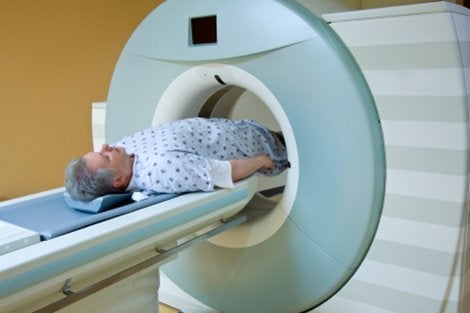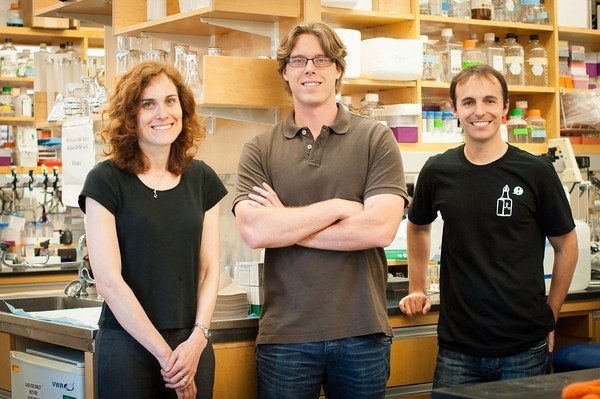Related Topics
Blacks in U.S. may be at higher risk for health problems from insufficient sleep
For immediate release: September 9, 2013 Boston, MA — Blacks are more likely than whites to sleep less than seven hours a night and the black-white sleep disparity is greatest in professional occupations, according to a new study…

Eating whole fruits linked to lower risk of type 2 diabetes
For immediate release: Thursday, August 29, 2013 Boston, MA — Eating more whole fruits, particularly blueberries, grapes, and apples, was significantly associated with a lower risk of type 2 diabetes, according to a new study led by Harvard…

Prostate cancer: To screen or not to screen?
August 20, 2013 — For the past 25 years, a prostate cancer screening test called Prostate-Specific Antigen (PSA) has offered the hope of reducing deaths from prostate cancer by catching the disease early when cure is possible. But…

Link among obesity, diabetes and death risk is complicated
Coverage in the U.S. News & World Report, August 14, 2013, of study led by HSPH’s Chandra Jackson
Bacterial metabolites regulate immune system function in the colon and may help reduce inflammatory bowel disease
July 29, 2013 — Harvard School of Public Health (HSPH) researchers have discovered that chemicals generated by bacteria in the colon help important immune cells known as Tregs in the colon grow and function well. The researchers also found…

Skipping breakfast may increase coronary heart disease risk
July 23, 2013 — A new study from Harvard School of Public Health (HSPH) adds to evidence that eating breakfast is important for good health. HSPH researchers found that men who regularly skipped breakfast had a 27% higher risk…

Hospital performance on trio of medical conditions may predict quality of broader hospital care
How well a hospital performs on three major publicly reported conditions—heart attack, congestive heart failure, and pneumonia—may prove a useful tool in signaling overall hospital mortality rates, according to a new Harvard School of Public Health (HSPH) study.…
New strategies needed to help vulnerable children grow into healthy adults
Parents and adults working with vulnerable young children and babies must be better equipped to shield the youngsters from “toxic stress” and other adversities that can contribute to the development of heart disease, obesity, diabetes, and other diseases…
Restless legs syndrome linked to increased risk of earlier death among men
Men who experience restless legs syndrome (RLS) may be at increased risk of dying earlier than men without the condition, according to a study by [[Xiang Gao]], of the Department of Nutrition at Harvard School of Public Health…
Spring 2013 Frontlines
[ Spring 2013 ] Quick updates about the latest public health news from across the School and beyond. HSPH cracks secrets of the malaria parasite HSPH researchers, led by Manoj Duraisingh, HSPH associate professor of immunology and infectious…